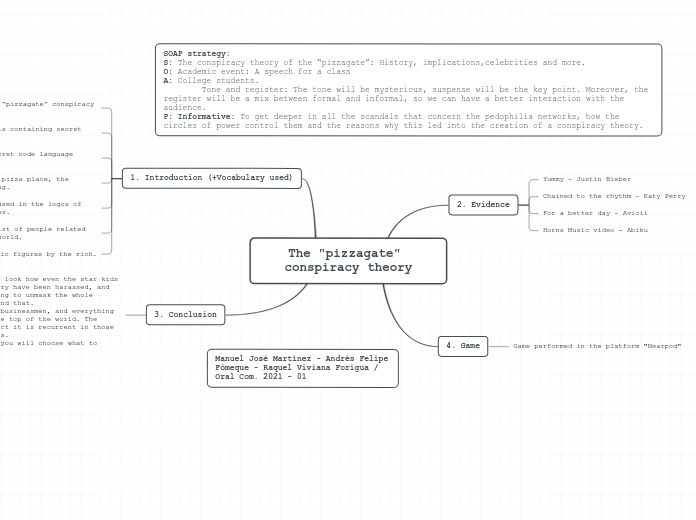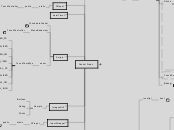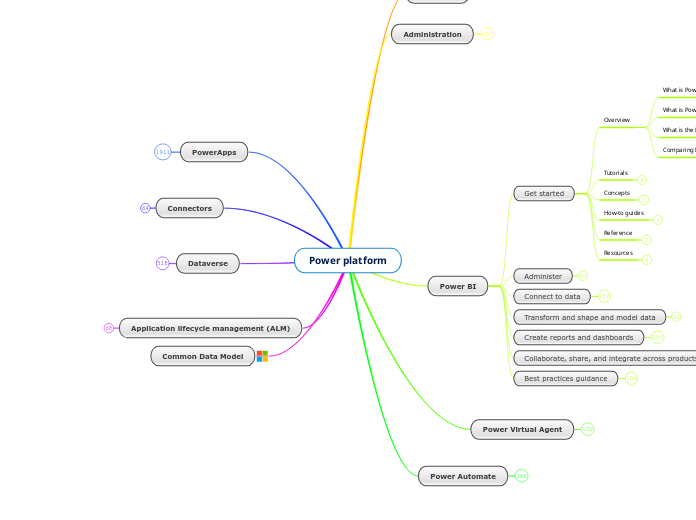Control
Invasion of privacy
Technology Usage
Technology & Modernization
"Yes," said O'Brien, "we can turn it off. We have that privilege"
"It was terribly dangerous to let your thoughts wander when you were in any public place or within range of a telescreen. The smallest thing could give you away. A nervous tic, an unconscious look of anxiety, a habit of muttering to yourself – anything that carried with it the suggestion of abnormality, of having something to hide."
"It was the police patrol, snooping into people's windows."
Inside the flat a fruity voice was reading out a list of figures which had something to do with the production of pig-iron. The voice came from an oblong metal plaque like a dulled mirror which formed part of the surface of the right-hand wall. Winston turned a switch and the voice sank somewhat, though the words were still distinguishable. The instrument (the telescreen, it was called) could be dimmed, but there was no way of shutting it off completely.
Propaganda
"And at the same time the consciousness of being at
war, and therefore in danger, makes the handing-over
of all power to a small caste seem the natural, unavoidable condition of survival."
"Big Brother is Watching You."
"War is Peace.
Freedom is Slavery.
Ignorance is Strength."
"But the face of Big Brother seemed to
persist for several seconds on the screen,
as though the impact that it had made on
everyone's eyeballs were too vivid to
wear off immediately."
O
They're not allowed to be their own person but instead, they have to pretend to be what society wants them to be. Every change the government makes has to be infallible to make sure the citizens to get out of control. The daily routines of these people show recurrence because if the government notices a change they will suspect from you.
Dangers of Totalitarianism
Class Struggle
And in the general hardening of outlook that set in round about 1930, practices which had been long abandoned, in some cases for hundreds of years--imprisonment without trial, the use of war prisoners as slaves, public executions, torture to extract confessions, the use of hostages, and the deportation of whole populations--not only became common again, but were tolerated and even defended by people who considered themselves enlightened and progressive.
The future belonged to the proles. And could he be sure that when their time came the world they constructed would not be just as alien to him, Winston Smith, as the world of the Party? Yes, because at the least it would be a world of sanity. Where there is equality there can be sanity. Sooner or later it would happen, strength would change into consciousness. The proles were immortal; you could not doubt it when you looked at that valiant figure in the yard.
The heirs of the French, English, and American revolutions had partly believed in their own phrases about the rights of man, freedom of speech, equality before the law, and the like, and have even allowed their conduct to be influenced by them to some extent. But by the fourth decade of the twentieth century all the main currents of political thought were authoritarian.
"The primary aim of modern warfare (in accordance with the principles of doublethink, this aim is simultaneously recognized and not recognized by the directing brains of the Inner Party) is to use up the products of the machine without raising the general standard of living."
Love/Sexuality
""Sometimes," she said, "they threaten you with something—something you can't stand up to, can't even think about. And then you say, ‘Don't do it to me, do it to somebody else, do it to so-and-so.' And perhaps you might pretend, afterwards, that it was only a trick and that you just said it to make them stop and didn't really mean it. But that isn't true. At the time when it happens you do mean it. You think there's no other way of saving yourself, and you're quite ready to save yourself that way. You want it to happen to the other person. You don't give a damn what they suffer. All you care about is yourself.""
The terrible thing that the Party had done was to persuade you that mere impulses, mere feelings, were of no account, while at the same time robbing you of all power over the material world. When once you were in the grip of the Party, what you felt or did not feel, what you did or refrained from doing, made literally no difference. Whatever happened you vanished, and neither you nor your actions were ever heard of again.
There was a direct, intimate connection between chastity and political orthodoxy. For how could the fear, the hatred, and the lunatic credulity which the Party needed in its members be kept at the right pitch, except by bottling down some powerful instinct and using it as a driving force? The sex impulse was dangerous to the Party, and the Party had turned it to account.
In the old days, he thought, a man looked at a girl's body and saw that it was desirable, and that was the end of the story. But you could not have pure love or pure lust nowadays. No emotion was pure, because everything was mixed up with fear and hatred. Their embrace had been a battle, the climax a victory. It was a blow struck against the Party. It was a political act.
They're manipulated into thinking that things have been this way and don't understand why things are the way they are. Their privacy has been invaded when they're manipulated because they can only remember what he government wants them to remember.
Manipulation
Control of Information & History
Language
“You are a slow learner, Winston."
"How can I help it? How can I help but see what is in front of my eyes? Two and two are four."
"Sometimes, Winston. Sometimes they are five. Sometimes they are three. Sometimes they are all of them at once. You must try harder. It is not easy to become sane.”
“Confession is not betrayal. What you say or do doesn't matter; only feelings matter. If they could make me stop loving you-that would be the real betrayal.”
“War is peace.
Freedom is slavery.
Ignorance is strength.”
“Who controls the past controls the future. Who controls the present controls the past.”
Totalitarianism and communism
“The primary aim of modern warfare (in accordance with the principles of doublethink, this aim is simultaneously recognized and not recognized by the directing brains of the Inner Party) is to use up the products of the machine without raising the general standard of living.”
“It was as though some huge force were pressing down upon you—something that penetrated inside your skull, battering against your brain, frightening you out of your beliefs, persuading you, almost, to deny the evidence of your senses. In the end the Party would announce that two and two made five, and you would have to believe it. It was inevitable that they should make that claim sooner or later: the logic of their position demanded it.”
Big Brother manipulates the citizens and makes them feel intimidated by people always being scrutinize. Big brother gets into their heads to make them believe what he wants them to believe. Also, the people are being controlled/monitored by the thought police and Big Brother. Things that are dilapidated are picked by the government.
Psychological Manipulation
Individual vs Collective Identity
“The terrible thing that the Party had done was to persuade you that mere impulses, mere feelings, were of no account, while at the same time robbing you of all power over the material world. When once you were in the grip of the Party, what you felt or did not feel, what you did or refrained from doing, made literally no difference. Whatever happened you vanished, and neither you nor your actions were ever heard of again.”
“ He turned over towards the light and lay gazing into the glass paperweight. The inexhaustibly interesting thing was not the fragment of coral but the interior of the glass itself. There was such a depth of it, and yet it was almost as transparent as air. It was as though the surface of the glass had been the arch of the sky, enclosing a tiny world with its atmosphere complete. He had the feeling that he could get inside it, and that in fact he was inside it, along with the mahogany bed and the gateleg table and the clock and the steel engraving and the paperweight itself. The paperweight was the room he was in, and the coral was Julia's life and his own, fixed in a sort of eternity at the heart of the crystal.”
“There was a direct, intimate connection between chastity and political orthodoxy. For how could the fear, the hatred, and the lunatic credulity which the Party needed in its members be kept at the right pitch, except by bottling down some powerful instinct and using it as a driving force? The sex impulse was dangerous to the Party, and the Party had turned it to account.”
“In the old days, he thought, a man looked at a girl's body and saw that it was desirable, and that was the end of the story. But you could not have pure love or pure lust nowadays. No emotion was pure, because everything was mixed up with fear and hatred. Their embrace had been a battle, the climax a victory. It was a blow struck against the Party. It was a political act.”
Reality Control
“This last was for the disposal of waste paper. Similar slits existed in thousands or tens of thousands throughout the building, not only in every room but at short intervals in every corridor. For some reason they were nicknamed memory holes. When one knew that any document was due for destruction, or even when one saw a scrap of waste paper lying about, it was an automatic action to lift the flap of the nearest memory hole and drop it in, whereupon it would be whirled away on a current of warm air to the enormous furnaces which were hidden somewhere in the recesses of the building.”
“For how could you establish even the most obvious fact when there existed no record outside your own memory? He tried to remember in what year he had first heard mention of Big Brother. He thought it must have been at some time in the sixties, but it was impossible to be certain. In the Party histories, of course, Big Brother figured as the leader and guardian of the Revolution since its very earliest days.”
“ The Ministry of Peace concerns itself with war, the Ministry of Truth with lies, the Ministry of Love with torture and the Ministry of Plenty with starvation. These contradictions are not accidental, nor do they result from ordinary hypocrisy; they are deliberate exercises in doublethink.”
“ And if all others accepted the lie which the Party imposed – if all records told the same tale – then the lie passed into history and became truth. "Who controls the past," ran the Party slogan, "controls the future: who controls the present controls the past."









